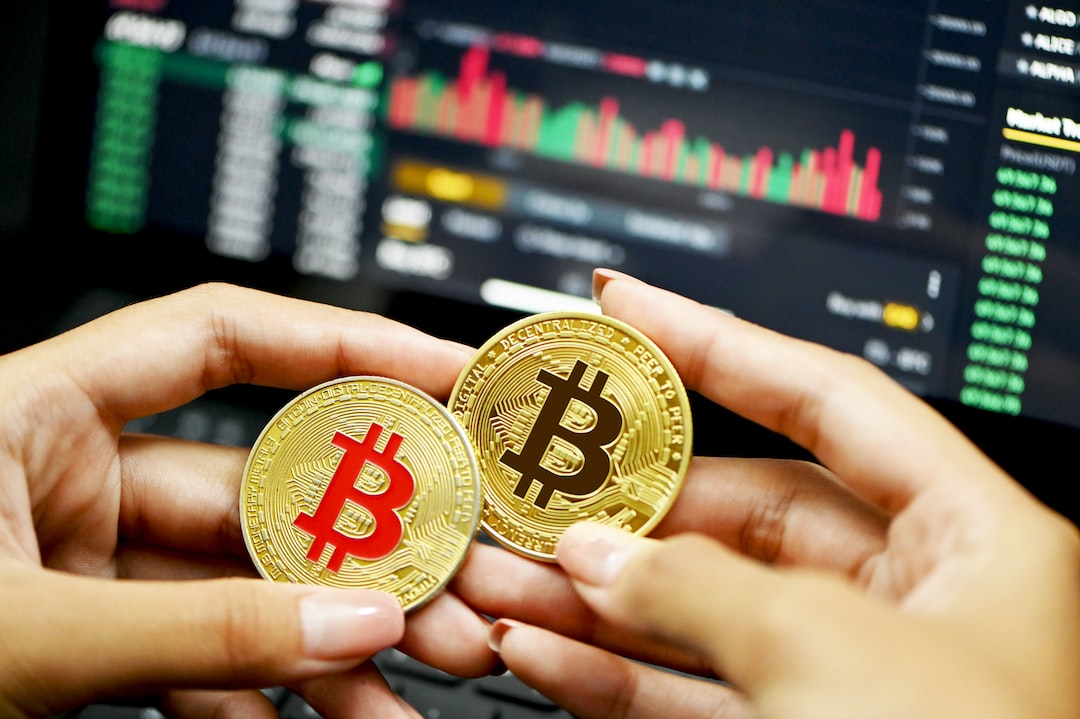South Korea’s Crypto Surge: $100B in Virtual Assets Dominating Overseas Accounts
South Korea is experiencing a significant shift in its financial sector as virtual assets, totaling $100 billion, dominate overseas accounts. The National Tax Service (NTS) reported that virtual assets make up over two-thirds of the value in registered overseas accounts this year, with 5,419 residents and companies reporting ownership through these accounts.
South Korea Boosts Crypto Holdings
The NTS report revealed that out of a total of 186.4 trillion won in registered external financial assets, 130.8 trillion won ($98.3 billion) were recorded as virtual asset holdings. The mandatory registration of virtual assets, following a tax law revision in 2021, has significantly increased the reported asset value, nearly tripling from 64 trillion won in 2022 to 186.4 trillion won this year.
Corporate ownership of foreign virtual assets was substantial, with 73 corporations reporting holdings worth 120.4 trillion won. Individuals also played a significant role, with 1,359 individuals registering holdings of 10.4 trillion won.
A New Wave of Crypto Regulations
The Financial Services Commission (FSC) of South Korea has mandated public disclosure of supervision and inspection results, including those related to crypto and virtual assets. This effort aims to raise awareness and reduce crypto-related crimes by ensuring compliance and establishing market transaction orders.
Lee Yoon-soo, director of South Korea’s Financial Intelligence Unit (FIU), stated that they will present the main inspection items in advance and disclose cases of violations and unfair practices to raise awareness in the market.
The Korea Federation of Banks will also require South Korean cryptocurrency exchanges with real-name accounts to hold a minimum reserve fund, aiming to protect users in case of unforeseen issues.
Hot Take: South Korea’s Role in the Global Crypto Sector
South Korea’s surge in cryptocurrency ownership and proactive regulatory measures highlight its growing role in the global crypto sector. The nation’s approach, balancing innovation with investor safety, could serve as a model for other countries facing similar challenges and opportunities in the crypto market.





 By
By
 By
By
 By
By

 By
By
 By
By